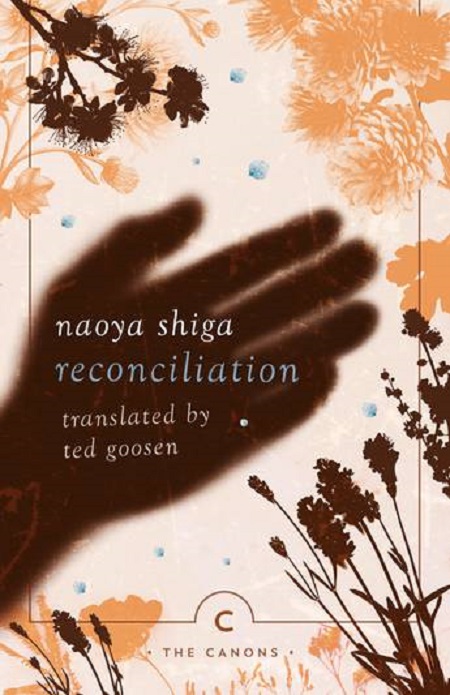
Shiga Naoya, the master of Japanese ‘I fiction’, was encouraged by acclaimed novelist Soseki Natsume to serialise an account of Naoya’s feud with his father in the Asahi newspaper, but he repeatedly failed to deliver. ‘Well then,’ Soseki suggested, ‘Why not write a novel about being unable to write?’In Reconciliation, published here for the first time in the English language, Naoya does just that, writing about failed or abortive creative works, while also fictionalising the long-running dispute with his father. The novella is a masterpiece of Naoya’s characteristically understated style and a quietly devastating reflection on all kinds of reconciliation: from his own familial reconciliation, to the universal need to reconcile ourselves to the inevitability of ageing, loss and death.Shiga Naoya (1883-1971) was Japan’s most celebrated practitioner of shishosetsu, or autobiographical fiction, the genre that dominated Japanese literature for much of the twentieth century; during his lifetime he was described as the ‘god of prose’.Ted Goossen has translated or co-translated five works by Haruki Murakami; he is editor of The Oxford Book of Japanese Short Stories (which includes his translation of Shiga’s story ‘Takibi’) and co-editor of Monkey Business magazine, featuring the best of contemporary Japanese literature
| Categorie | Carte straina |
|---|---|
| Magazin | carturesti.ro |
| Marca | Canongate Books Ltd |
